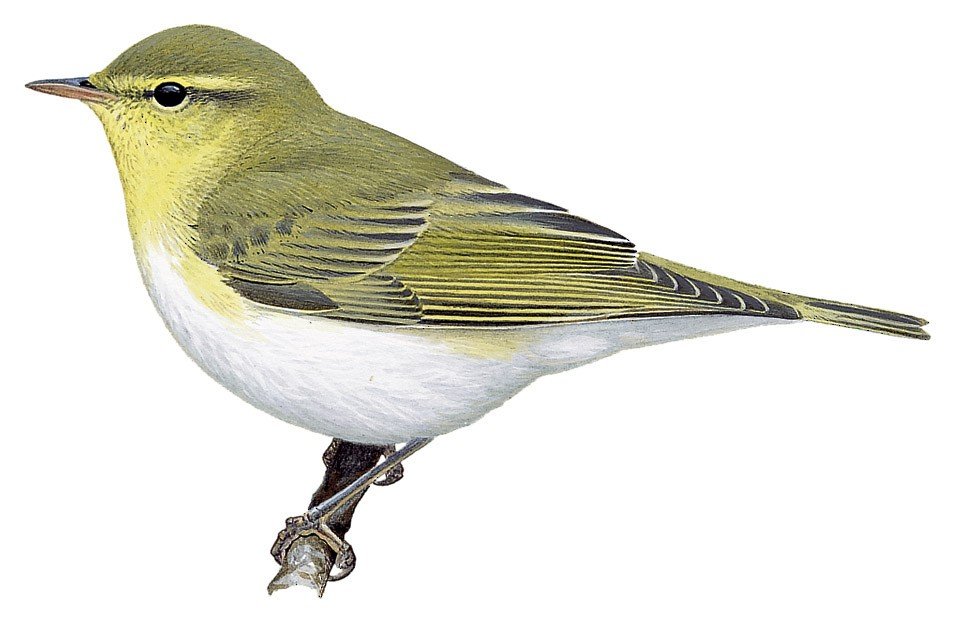If you are a pop-culture or choral aficionado, you may remember the hit television show Glee - an American musical comedy-drama airing from 2009 to 2015.
This cultural phenomenon centered on a cast of diverse characters participating in show choir at William McKinley High School.
Part teen fantasy, part caustic comedy, this Broadway-level television show featured some of the best young talent in America going head-to-head in the blood sport of show choir. And sport it was.
Their arch nemesis?
The Dalton Academy Warblers. A group of well-to-do students attending an all-male elite private boarding school that intensely supported the arts.
While fictional, the show does not stray too far from real life in that show choir is indeed a competitive sport that can trace its origins back to (all male) highly prestigious private schools.
The Harvard Glee Club is America's oldest known glee club, tracing its origins back to 1858. Soon thereafter, Yale, Wesleyan, Princeton, and Cornell followed in the Crimson's footsteps with their own musical organizations. Now, "amateur" singing groups can be found on virtually every affluent college campus in America. Like on Glee, the TV show, the Warblers can trace their musical roots to access, privilege, and money.
And we're not just talking about a TV show.
(Editor's note: Brace yourself for an enormous leap - even by Scott Lang standards).
Last Monday's edition of the New York Times featured an article stating that warblers, the feathered flying kind, were flocking to more affluent neighbors to sing their songs. The article cited a study in which wildlife researchers had noted an unequal distribution (lack) of birds and other species in low-income areas, which they believe can be traced back to urban policies adopted decades ago.
The study author, Christopher J. Schell, from the University of California, Berkeley, concluded that discrimination and inequality affect how people and other species experience life in dense urban cities.
(Let me give you the Cliff Notes version.)
Birds require housing (trees), food (bugs & worms), foliage (bushes), and ground cover (grass) - all of which require space, care, and maintenance.
It will shock no one when I say that well-manicured lawns, tree-lined streets, and flower-filled parks are far more prevalent in places of affluence. So, the places most needing natural song are left with silence.
Following their singing roots, the warbler moved to a more affluent neighborhood to survive.
Modern (classical) music has always been associated with affluence. History teaches the costs of acquiring, learning, and performing music have always been more accessible to those with means. The great masterworks were commissioned by large bodies (church/state) and performed in front of great wealth (aristocracy/royalty). And, while America's public school music programs have made incredible strides in accessibility, there is too much silence in places that need music the most. The songbirds have moved to the suburbs.
How do we rectify it? We look to Mother Nature and the warbler.
Science and evolution teach us that the warbler WILL return to places it once left if grass is grown, trees are planted, and flowers bloom. When the habitat is safe and supportive, the species will inevitably return. But returning to a forlorn and forgotten environment (musical and otherwise) requires considerable investment, planning, and resources. In other words, it was the intentional act of man who drove the songbirds away, so they need the intentional act of man to bring them back home.
Are you following my analogy?
For the music programs to return to underserved communities, we must plant "musical trees" - a space where students can nest and feel safe. We must provide "musical nourishment" - high-quality experiences with high-quality educators. And, we must ensure that the "musical eco-system" has the needed resources (instruments and equipment) that allow the students to survive and thrive.
How do we do that?
What would make a music educator commute far from their home and teach in a community far from where they live? What would make teaching in a place with fewer musical opportunities and more danger desirable? How do we incentivize the best and brightest to work with those needing their valuable experience and skills? How do we return music to places and spaces that are musically uninhabitable and deafeningly silent?
There are many possible answers. It is likely a challenging and lengthy fix, but we can all agree it will require a significant and intentional act by our communities and profession.
Remember, the silence is not the fault of the school community; it's a reflection of it.
In moving uptown, the warbler is not trying to make a political statement or advance an agenda. It is not seeking to increase its social status or improve its zip code. Much like its human counterpart, it's just trying to survive. The warbler and her sweet song will return to their former home, given the opportunity.
I believe this to be true for my feathered and non-feathered friends. And that would bring me GLEE!
Have a great week everyone.
Scott









